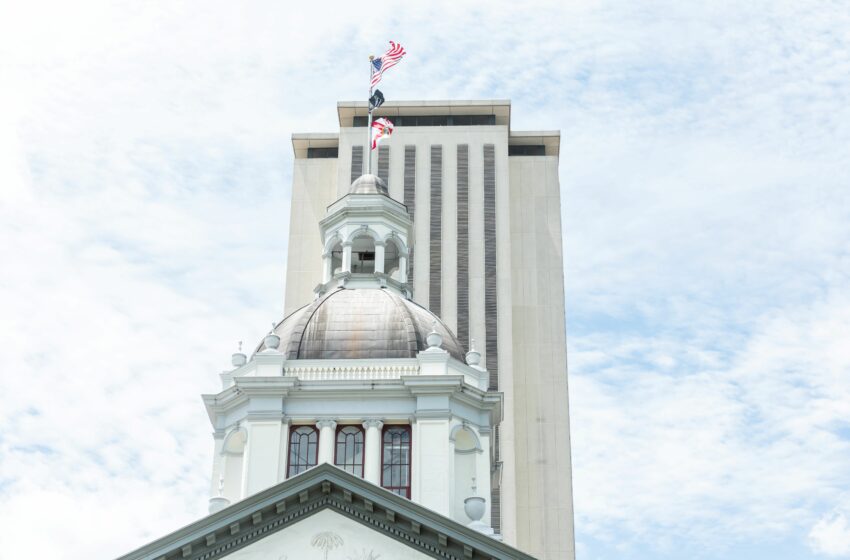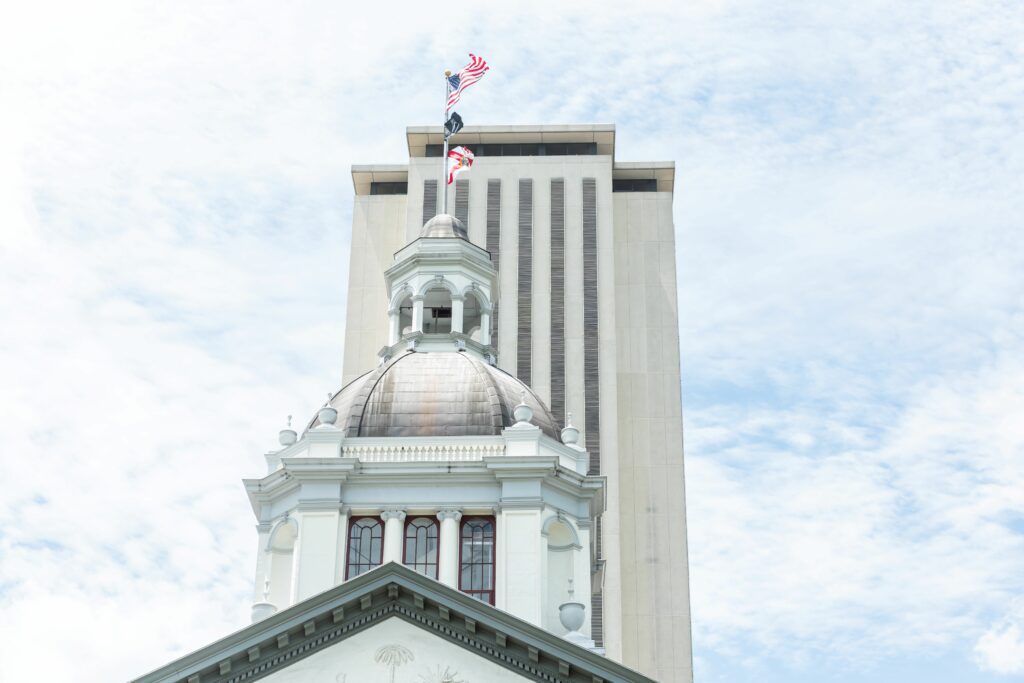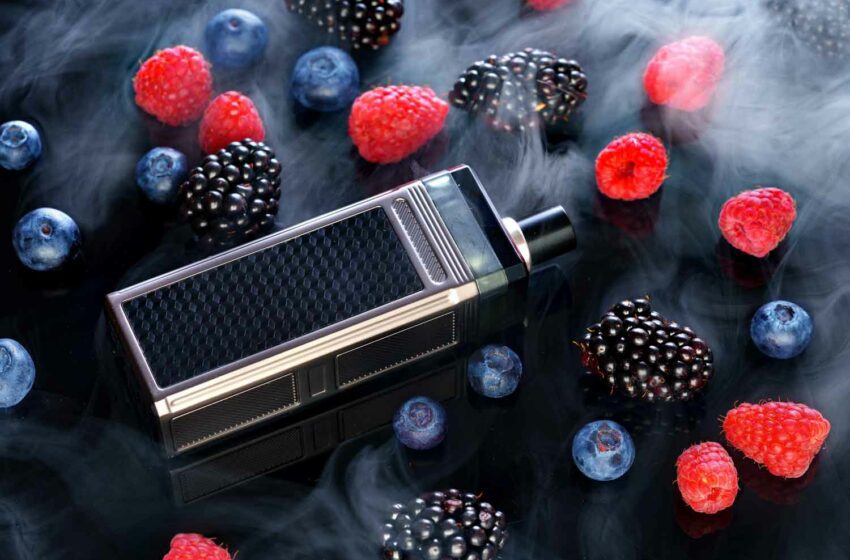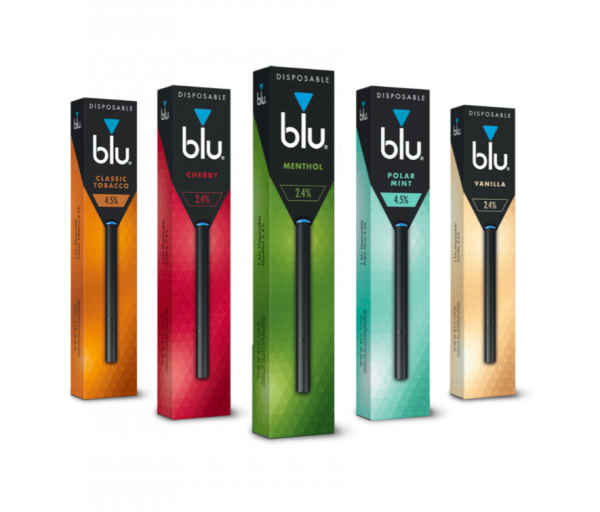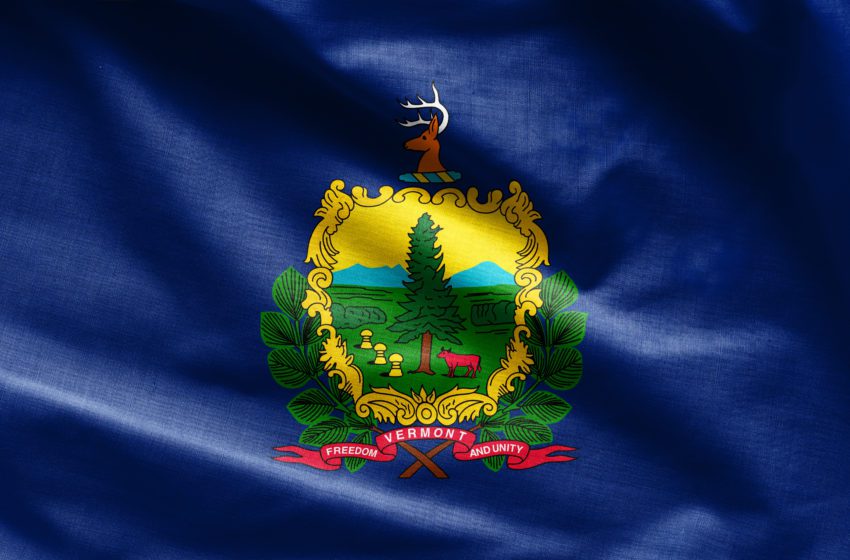
Vermont lawmakers Friday approved a ban on flavored vaping and other flavored tobacco products.
S.18 would end retail sales of all flavored e-cigarettes, e-liquids, and oral nicotine pouches. The bill would also end the sale of all menthol-flavored tobacco products, including cigarettes, cigars, pipe tobacco, and smokeless tobacco, by January 1st, 2026.
The legislation, which has been debated for at least six years, faced a fierce lobbying campaign from retailers who said it would put many out of business. Some lawmakers have also balked at the loss of millions in tax revenue, according to media reports.
But supporters say the adverse health impacts on young people who get hooked on the products are just too great. Lawmakers spoke on the House floor Thursday about the extensive testimony from medical professionals, educators, parents, and members of the BIPOC community in support of the bill.
The bill will now return to the Senate, which passed a different version of the bill last year. The governor has not yet indicated if he will sign it.




